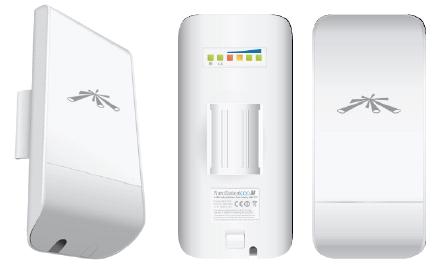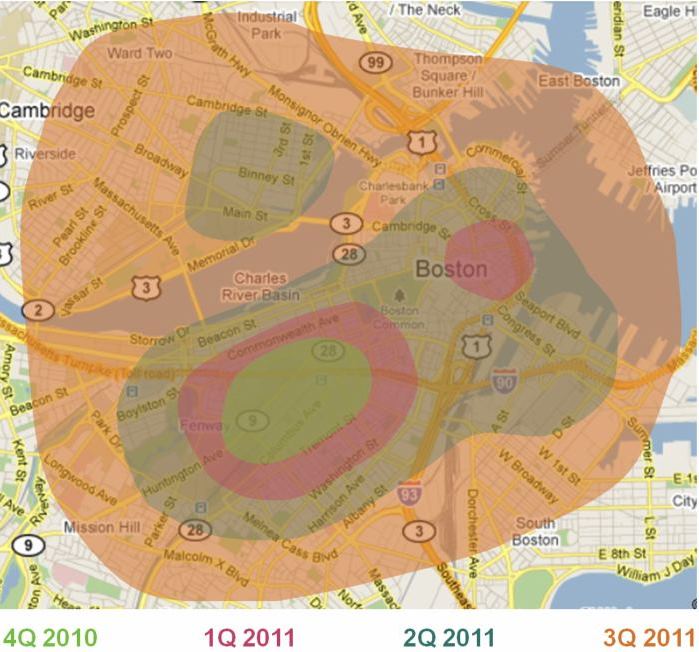This summarizes a selection of applications for the Experimental Radio Service received by the FCC during January, February, and March 2012. These are related to radar, Amateur Radio, spread spectrum, white space, spacecraft telemetry, propagation testing, satellites, smart grid, femtocells, machine-to-machine communications, ad hoc networks, 4G backhaul, electronic warfare, and robotics. The descriptions are listed in order of the lowest frequency found in the application.
Archive for the ‘Broadband Access’ Category
Experimental Radio Applications at the FCC
Monday, January 3rd, 2011This summarizes a selection of applications for the Experimental Radio Service received by the FCC during December 2010. These are related to FM broadcasting, Positive Train Control, TV white space, mobile satellite terminals, GSM, UMTS, through-the-wall surveillance radar, troposcatter communications, millimeter-wave propagation, flight test telemetry, Doppler weather radar, and air-to-air military radar.
netBlazr: Unlicensed Wireless versus Business Broadband Incumbents
Sunday, October 17th, 2010 Unlicensed wireless may disrupt the broadband service market in Boston. Communications engineer Brough Turner and his partners have founded netBlazr, a new business broadband service that takes advantage of cheap metropolitan fiber and uses unlicensed wireless technology from Ubiquiti Networks that can operate with various Wi-Fi protocols, and a proprietary one, in a mesh configuration. In the netBlazr network the devices operate at an aggregate data rate of 100 Mbps with 50-500 meters per hop. Throughput per user is 10 Mbps.
Unlicensed wireless may disrupt the broadband service market in Boston. Communications engineer Brough Turner and his partners have founded netBlazr, a new business broadband service that takes advantage of cheap metropolitan fiber and uses unlicensed wireless technology from Ubiquiti Networks that can operate with various Wi-Fi protocols, and a proprietary one, in a mesh configuration. In the netBlazr network the devices operate at an aggregate data rate of 100 Mbps with 50-500 meters per hop. Throughput per user is 10 Mbps.
In Boston, Verizon charges about $2,200 per month for symmetrical 10 Mbps business service via fiber; netBlazr charges $189 per month for equivalent service using its hybrid fiber/wireless system. Less-expensive shared plans, including one that’s free, are available for businesses with lower-priority traffic.
